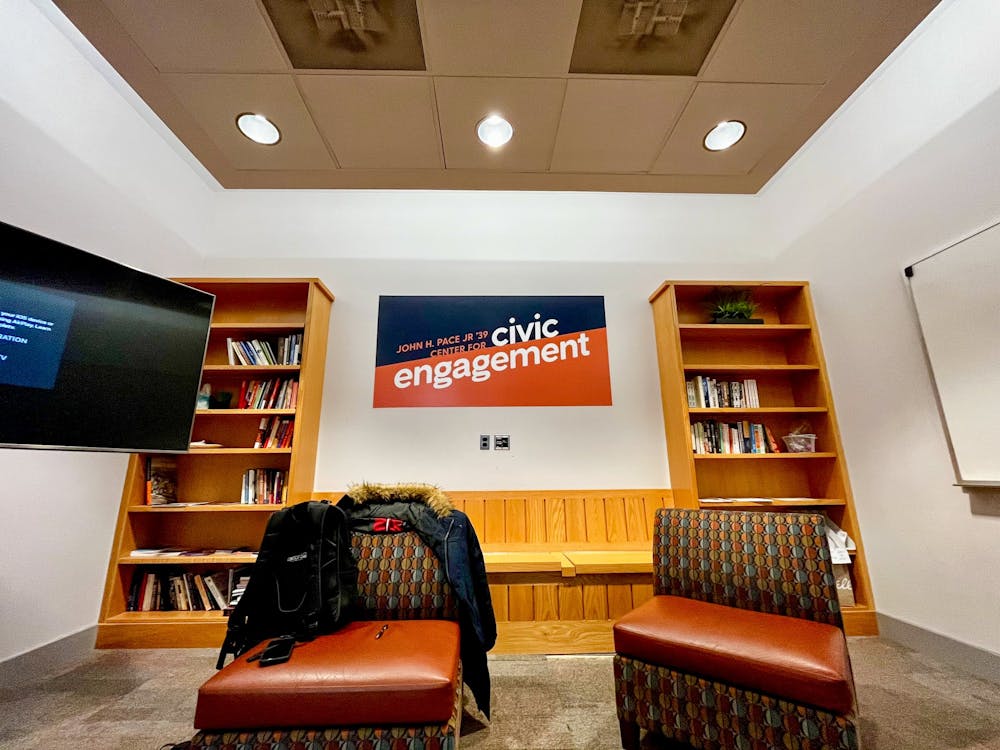The impetus behind Advancing Human Rights, however, offers cause for caution. Bob Bernstein is the founder and former chairman of Human Rights Watch, the premier human rights organization and watchdog group. Bernstein has in recent years, however, had intense confrontations with HRW, specifically regarding its treatment of Israel. The dispute became public in 2009 when he published a op-ed in The New York Times criticizing HRW’s work on Israel. Bernstein argued that human rights organizations should focus on “closed” societies rather than democratic, “open” societies, such as Israel or the United States, that have a free press to deal with human rights issues.
While Israel features most prominently in Bernstein’s critique and reason for creating Advancing Human Rights, he and other members of AHR take issue with the way HRW treats the U.S. military as well. These organizations “have come down very hard on democratic armies in Iraq [and] Afghanistan ... and have made many wrong decisions,” said Colonel Richard Kemp, a board member of AHR and former commander of British troops in Afghanistan. He argued that human rights organizations are not experts on the laws of war and that their work should not apply to civilians in wartime. According to Kemp, military analysts, rather than human rights organizations, should be trusted with determining the ethics of an “open” society’s military operations.
Kemp’s argument that democratic armies do not merit criticism from groups like HRW is seriously flawed. While one might trust Israeli, American and British military codes and courts to deal with human rights violations during wartime, these militaries have good reason to attempt to cover up transgressions. External groups such as HRW are necessary to document these abuses — human rights organizations have actually helped the Israeli military monitor its own soldiers. The argument that civilians caught in warfare do not deserve the attention of human rights groups is a dangerous proposition, even when that warfare involves a “democratic military.” Human rights are universal and eternal — they are not put on hold for U.S. or Israeli military campaigns.
Even Kemp’s fundamental assertion that the U.S. and Israeli militaries are “democratic” is flawed. While Israel proper and the United States are considered “open” and democratic societies by Bernstein’s standards, their militaries’ role as an occupying force belies this label. The U.S. military’s impact on Afghani and Iraqi civilians is far greater than its impact on U.S. civilians, yet it is the American populace that can criticize and ultimately change military policies. Similarly, Palestinians in the West Bank do not have the right to vote in Israeli elections and therefore have no say in their occupier’s actions. Israel and the United States can only be considered democratic to a point. Israelis and Americans can take to the polls to determine the fate of their military policies, but those living under the military’s occupation cannot. They need the defense of groups such as HRW to protect their most basic human rights given these circumstances.
Bernstein argues that Israel has received disproportionate attention compared to other Middle Eastern nations, including Iran and Saudi Arabia — not to mention, of course, the other repressive Arab governments currently in upheaval. Some HRW officials cited the intense media eye on Israel as the reason for greater coverage. NGO Monitor, a watchdog group set up to monitor human rights coverage of Israel, rightly points out this statement’s cynicism. While a larger portion of HRW’s resources should be allocated to these countries, Arab or Iranian human rights abuses do nothing to whitewash Israel’s transgressions.
Even if HRW were to focus more on anti-democratic nations, it would not change the truth of their reviews of Israel and the U.S. HRW’s most recent report on Israel and the West Bank, “Separate and Unequal,” focused exclusively on Israel’s systematically discriminatory practices in the areas where it exercises full control. Anti-Palestinian repression in the West Bank might not be at Saudi Arabia levels, but such problems should still be addressed.
Bernstein has been a champion for human rights his whole life, but this is a step in the wrong direction. Rather than expanding human rights, he is seeking to limit them by refusing to focus on transgressions by nations generally thought to be democratic. I agree with Bernstein on the need for greater attention to women’s rights and authoritarian control. But it should not come at the expense of attention to human rights violations by Israel or the United States. Injustice must be exposed no matter where it lies.
Brandon Davis is a sophomore from Westport, Conn. He can be reached at bsdavis@princeton.edu.







